Did I miss something
Never one to read books when they're supposedly the "flavor of the month" or however many months they spend on the best seller list, I finally sat down and read Prozac Nation...literally. I sat down and five hours later I was finished.
It wasn't that it was such an enthralling story that I was held captive and couldn't put it down, I simply kept reading because I was waiting for the part where it turned interesting. Waiting for that moment when I could say "wow, what a brilliant piece of literature". Unfortunately, that moment never came. Did I miss something by not having read it in the midst of the 90's when it was first released and Prozac was the pill du jour? Was there a certain irony to the book at that particular time that made it so rave-worthy?
While there were brief instances throughout the book where I could relate to the author's plight, I mostly just wanted to slap Elizabeth Wurtzel upside the head. I found her at best, annoying; at worst, quite possibly the most emotionally manipulative and needy person I've ever had the misfortune of coming across. Words I'm quite positive others have used to describe me, especially in times of my repetitive crises.
Unlike the raves on the back cover of the book, one of which declares "the pain and despair Wurtzel describes are as real as they are excruciatingly rendered", I thought her attempt at describing life with chronic depression fell completely flat. Her use of the metaphor of depression as a black wave sounded rather benign and she never reached the depth of explanation of just how suffocating that wave really is.
She kept longing to be inflicted with something seemingly more tangible, like chemical dependency, in hopes that it would then become an easier puzzle to solve. But tangible is exactly how her depression came across to me. Throughout the entire book it felt as if her depression was an ever present backpack filled with rocks that she constantly lugged around for a decade before finally realizing towards the end that all she had to do was take it off, set it down and voilà, life was better. Having severe depression myself, I know full well that is not how she saw things, but that was my interpretation of it from her writing.
In the realm of memoirs that center around mental illness, I'd say this is in the top five of worst ones I've ever read. I just don't get what all the hype was about. Hopefully the next book I've chosen to read, a satire about language called Ella Minnow Pea by Mark Dunn, is far more interesting.
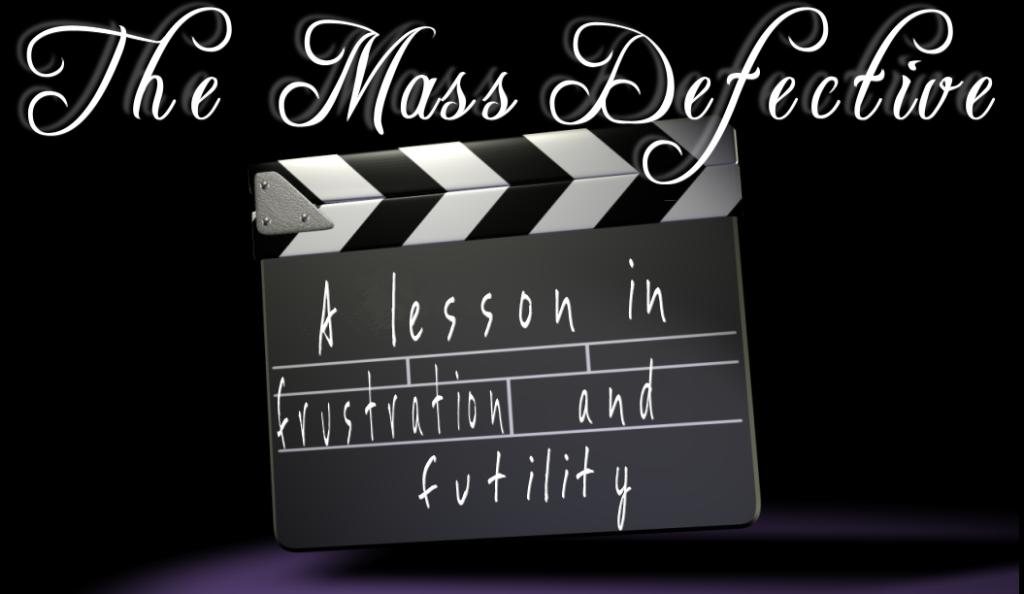
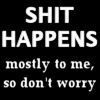


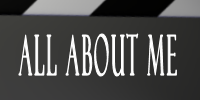
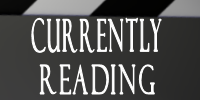
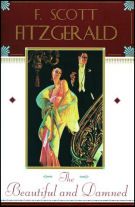


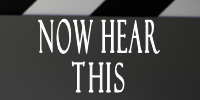



1 Comments:
Finally - someone who agrees with me about this book! I thought it was terrible, too. My big beef with it was that she had waaaaaaaay too much insight for someone suffering the way she said she was suffering. And she wasn't writing this book - at least not as I recall - from a place where this was well in the past and might have gained the insight in the intervening years. She was writing it in a much more immediate, present-tense kind of way. You can't have that might insight and still pull the shit she did - and if you do, then yes, as you say, she's being very needy and manipulative. It was really frustrating for me because I couldn't relate to any of it and I didn't find it a credible account of major depression. The writing style also annoyed me. I hate it when writers get overly prosaic about depression. I mean, it shows that you may have a way with words, but anyone who has been that low knows it's raw, and ugly, and not the least poetic!
The movie was OK, though, and seemed a little more credible.
Post a Comment
<< Home